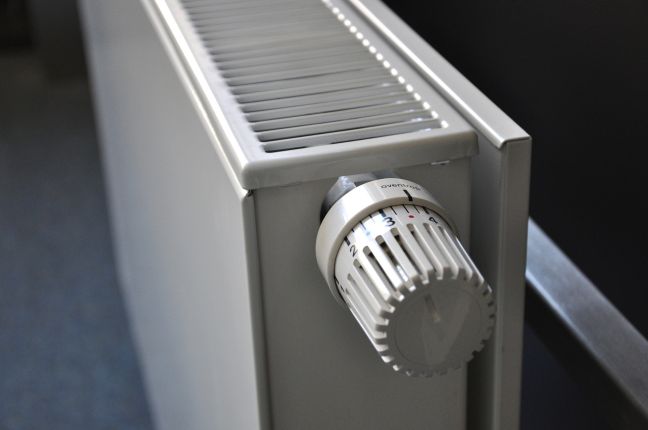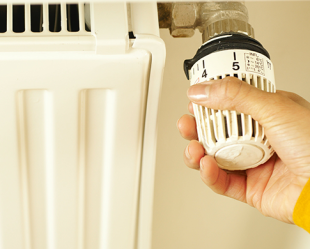Introduction
This Code of Practice has been written to encourage designers and installers to ensure that central heating systems are not only designed and installed correctly, but are also energy efficient and meet manufacturer’s criteria. This Code of Practice provides practical information and guidance on water based central heating systems in permanent domestic dwellings, flats, small offices and similar buildings.
This Code of Practice is intended for the use by engineers, architects, surveyors, contractors, installers and inspection authorities for purposes of use of hot and cold water, including heating systems in buildings.
The three parts of S.R. 50 can be used together to design, install and commission water-based heating systems for space heating and for heating domestic hot water, which can include solar thermal heating.
While provisions are made for heat pumps as heat generators in a water-based heating system, this Code of Practice is not specific to heat pumps where specific design considerations are required to ensure an effective, efficient and economical heating system.
Scope
This Code of Practice provides practical information and guidance on the design, installation and optimisation of traditional water-based (wet) central heating systems in permanent domestic dwellings.
This document specifies the requirements for the design, installation, commissioning and maintenance of space heating and hot water heating systems.
This Code of Practice applies to new and existing domestic dwellings for rated input up to 70 kW. The scope of this document is limited to heating systems up to 70 kW. Engineering assistance should be sought if designing a heating system larger than 70 kW.
Domestic gas installations are covered in I.S. 813 and are not included in this Code of Practice.
Hot and cold water supply systems are covered in S.R. 50-3. This Code of Practice does not cover district heating systems.
Have your say at: http://www.nsainep.ie/Home/Details/14909
Public enquiry closes: 18-09-2019
Readers are warned that this drafts are subject to ongoing development and change. Any comments or proposed changes submitted will be considered by the relevant technical panel.



